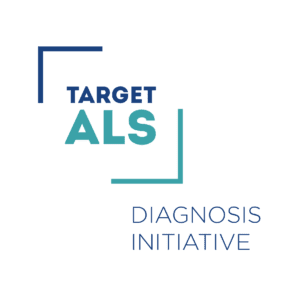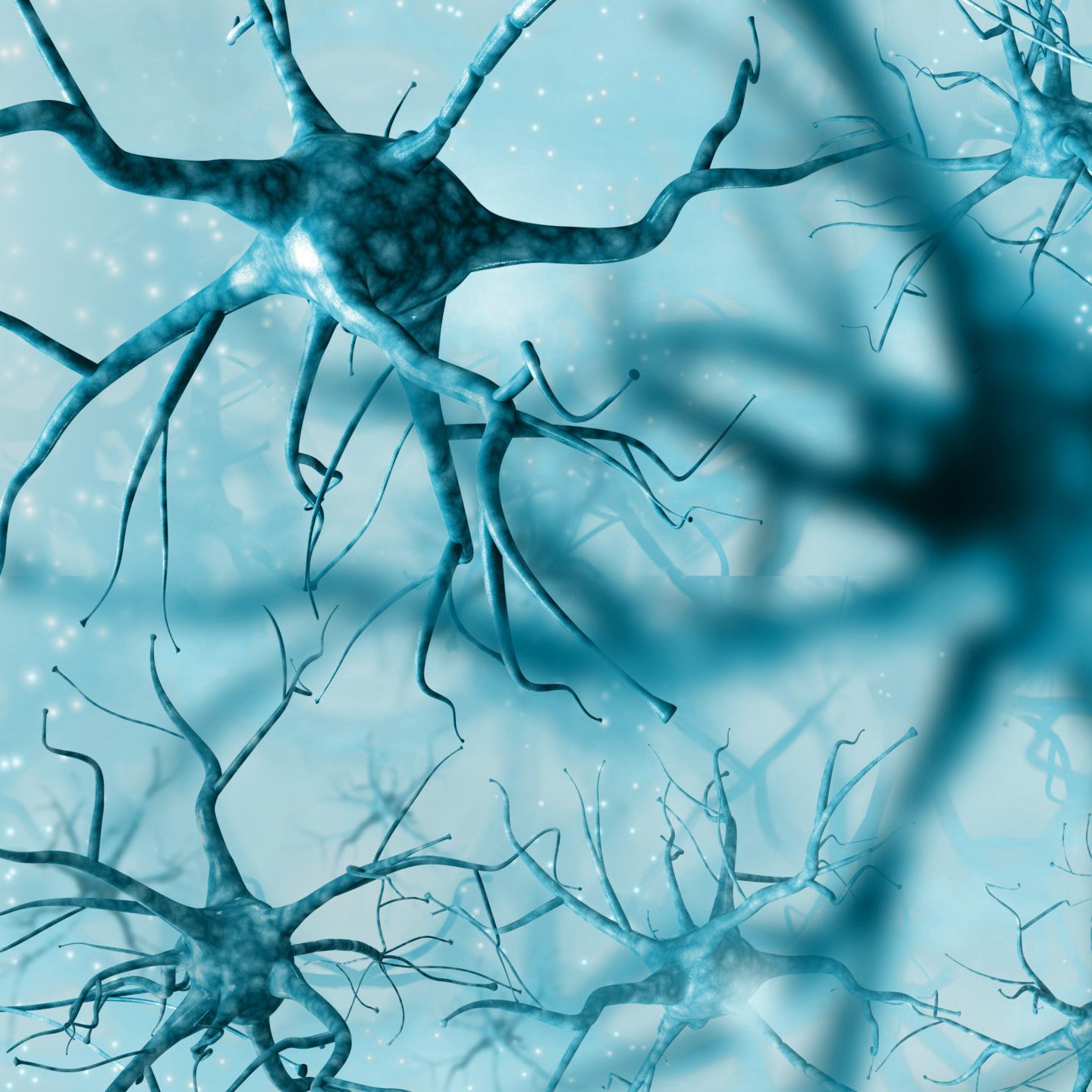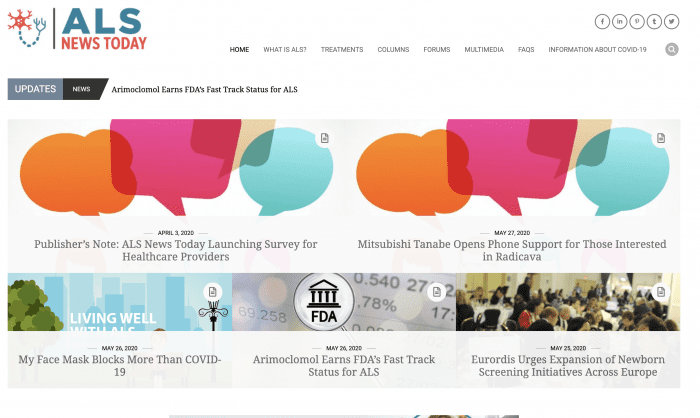
By definition, a biomarker is a measurable substance whose presence is indicative of a disease, infection or environmental exposure. During conversations with those stakeholders, it became clear that ALS biomarkers were at the top of the list of unmet needs that could help diagnose the disease early, track its progression and provide reliable measures for new treatments.
“This is a major milestone for Target ALS, as we’ve proven our ability to respond to the needs of the scientific community in ways that accelerate their work like never before,” said Target ALS Chief Executive Officer, Manish Raisinghani, MBBS, Ph.D.
“It’s been gratifying for our team to support scientists over the last seven years and know that we are spearheading access to essential resources that can help them realize life-changing benefits for people with ALS.”
The Target ALS Diagnosis Initiative will strategically focus on three key pillars:
- Establishing new ALS biomarker-focused collaborative funding opportunities to fuel new projects
- Creating a five-year natural history study that will integrate a variety of measures and datasets
- Developing an integrated Biofluid and Genomics core that will exponentially improve the impact of human biosamples on research
As is the case with all samples and data facilitated by Target ALS, these resources will be available to the scientific and research community with no strings attached.
The Target ALS Diagnosis Initiative includes both pre-competitive funding, where a panel of experts openly formulate projects by consensus with results shared immediately with the research community, and competitive funding, to encourage ideas from investigators and advance the most promising collaborations.
The pre-competitive research will encompass a working group of over 30 representatives from pharmaceutical, academic and non-profit foundations collaborating on new, innovative approaches for the discovery, validation and development of novel ALS biomarker candidates.

Speech and language collection and analysis will be sponsored by speech neuroscience industry leader, Aural Analytics, Inc., further bolstering the collection of vital biomarker information and drawing upon Aural’s ability to provide rich, interpretable and validated metrics reflecting neurological and respiratory health.
And by adding the first-of-its-kind integrated Biosamples and Genomics core, Target ALS will amplify the research tools and resources it supplies to the ALS community at-large. This new core expands the impact of biosamples and data accessible through the Postmortem Tissue and Genomics cores by linking them to longitudinal collection of biofluid samples from ALS and control cases that will be carried out as part of the natural history study.
Unlike other industry-wide efforts to collect or generate biofluids, tissue and genomic datasets as standalone projects, this new approach from Target ALS is part of a comprehensive initiative and has the potential to net more insightful returns.
The Biosamples and Genomics core is made possible through existing alliances with The ALS Association, The Tow Foundation and The New York Genome Center as well as the new partnership with Aural Analytics. Together, the partnership forms a triadic structure, establishing the clearest picture of the pathogenesis of ALS as provided through patient biofluids — including CSF, blood and urine — as the disease progresses (longitudinal biofluid samples), after death (postmortem tissue) and the genomic, clinical and demographic datasets associated with these samples.
Stay tuned for more updates as we reach exciting new milestones related to The Target ALS Diagnosis Initiative.






